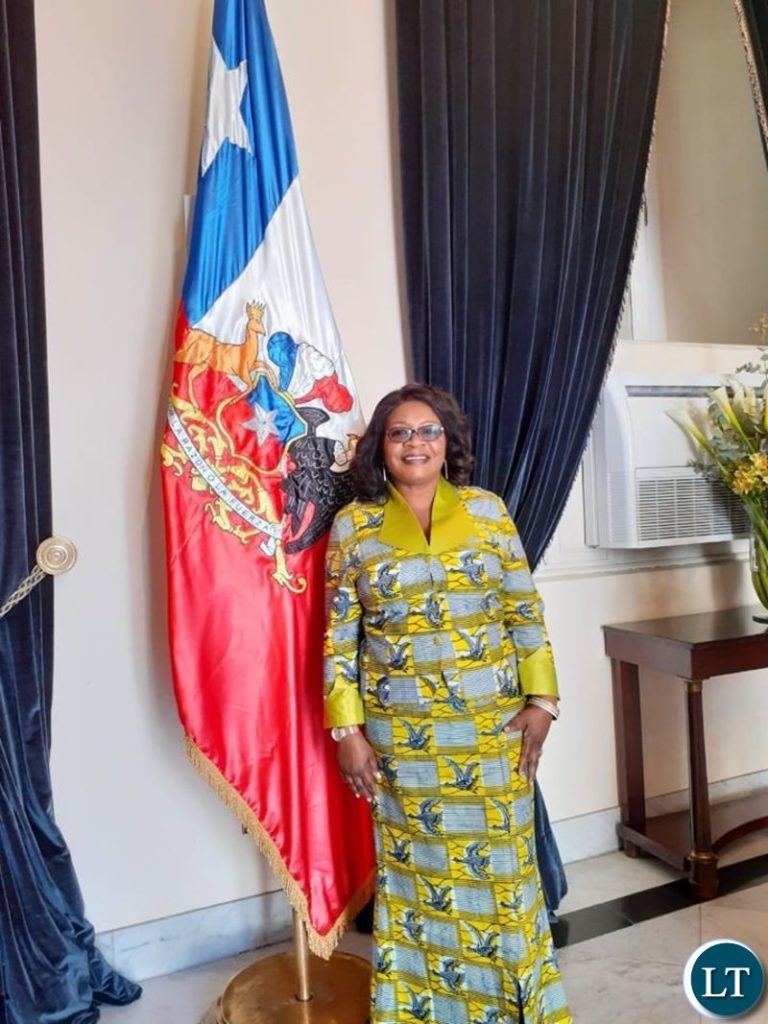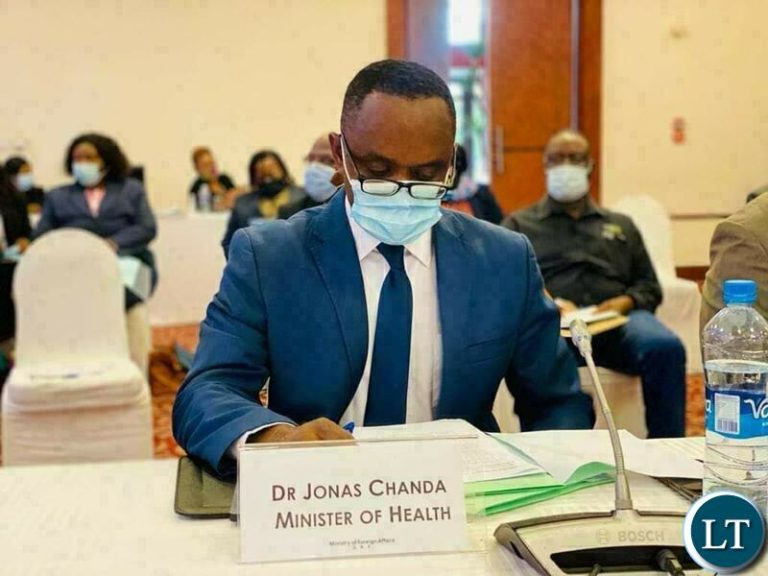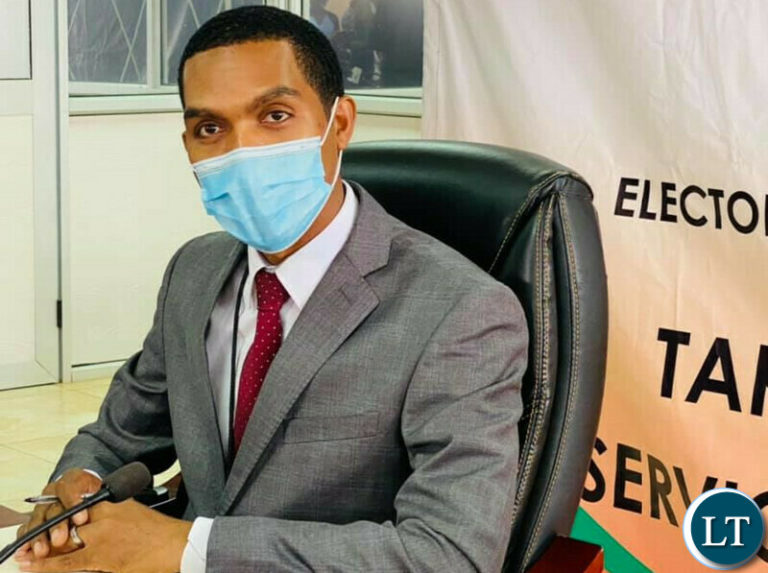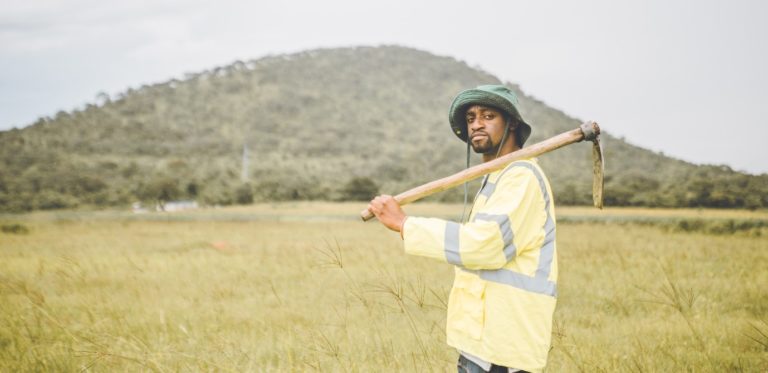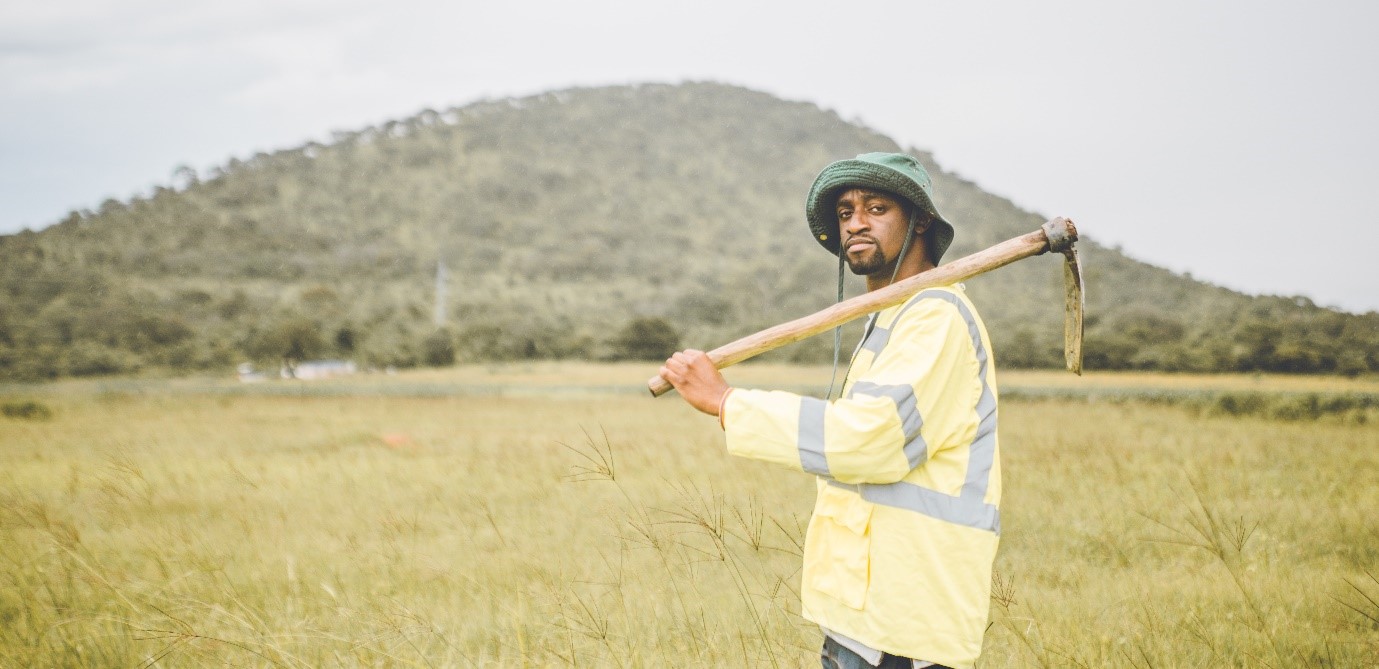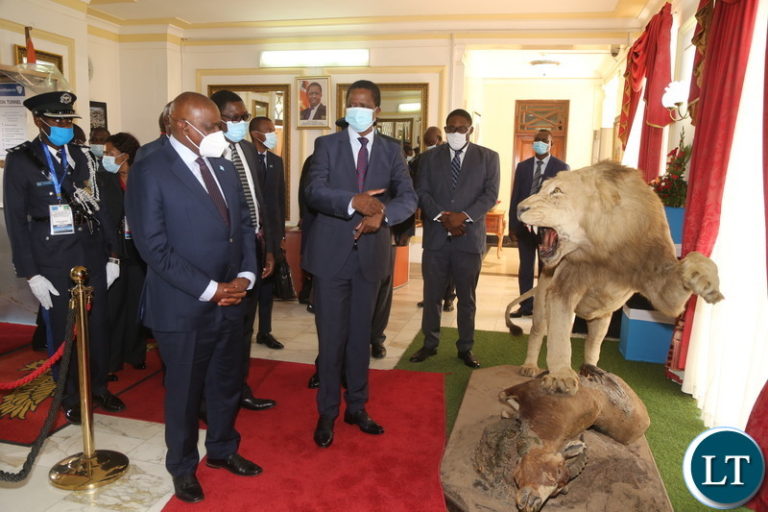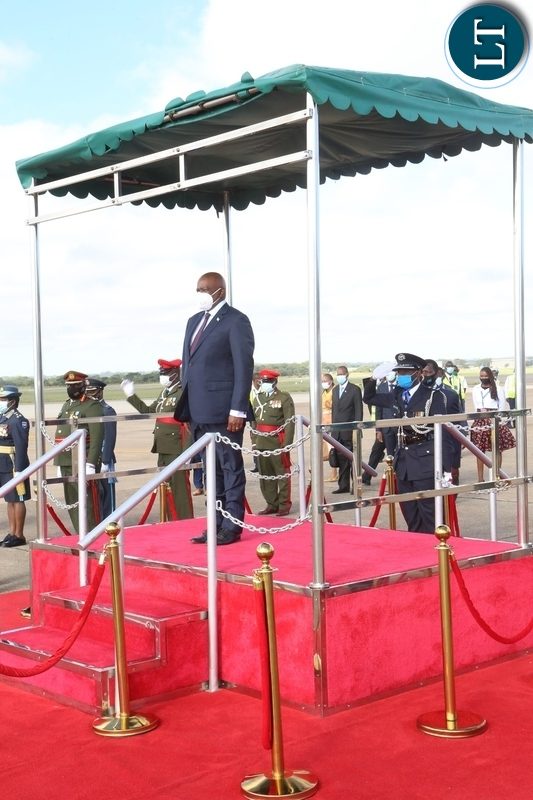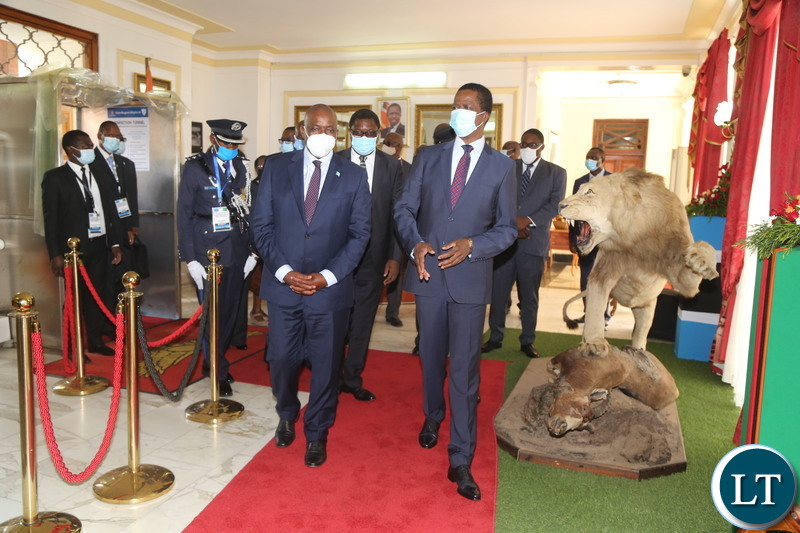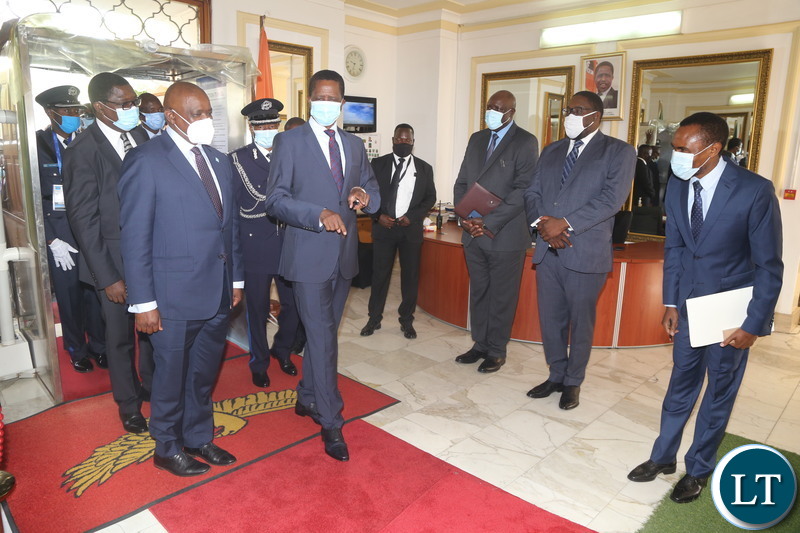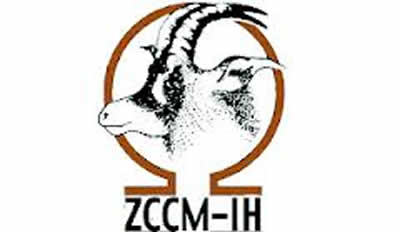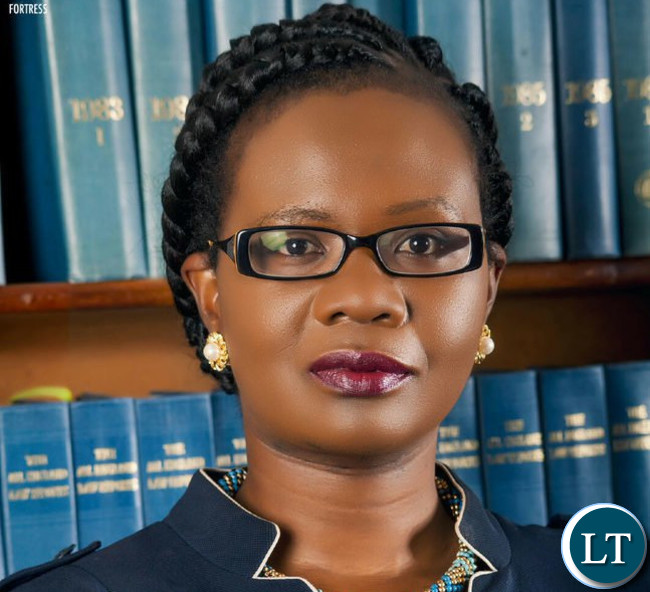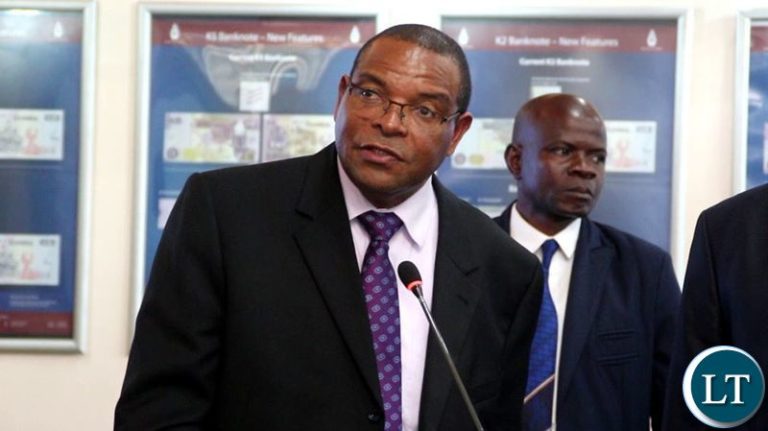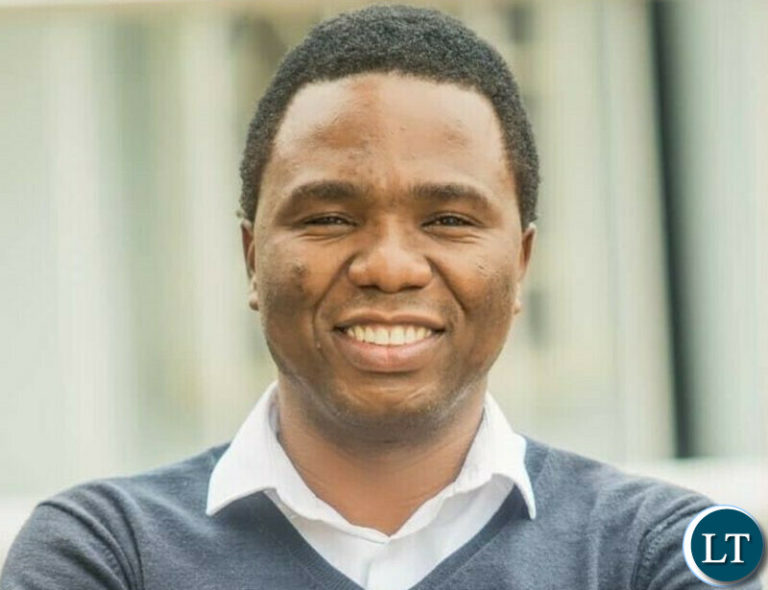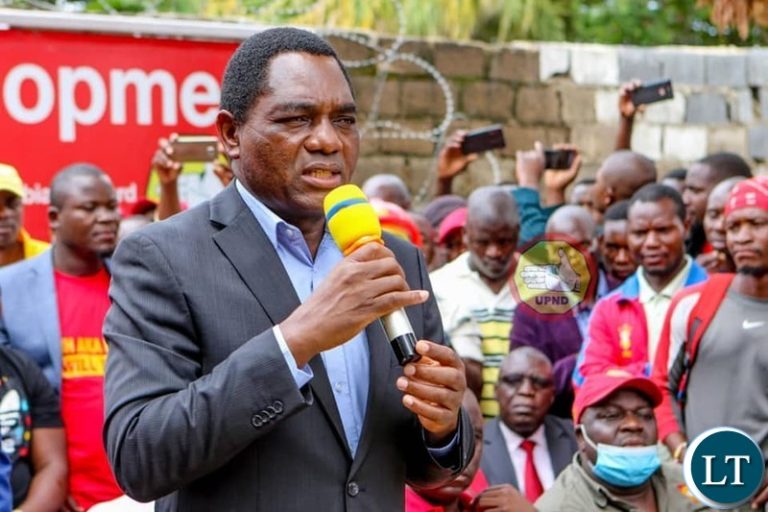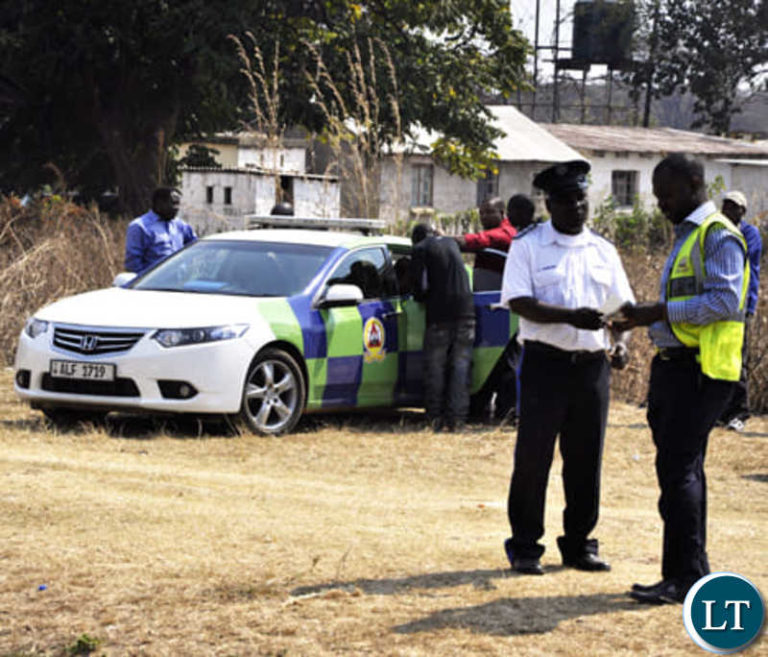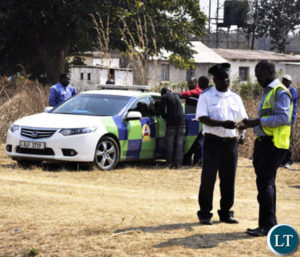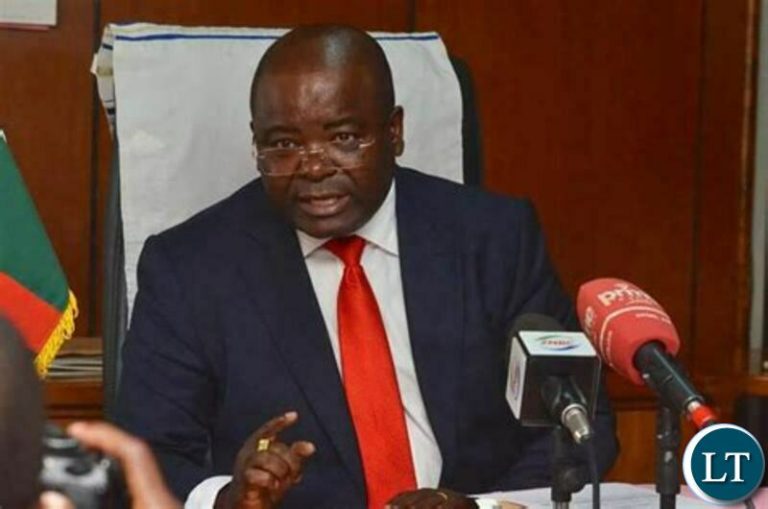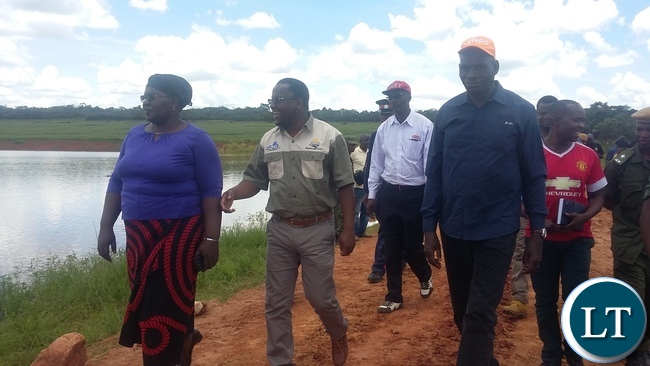By Anthony Bwalya UPND Presidential Spokesperson
Over the past few days, the digital space has been awash with tonnes of misinformation by a poorly read, poorly informed Patriotic Front (PF) media team; purporting that the latest country report by the Economists Intelligence Unit (EIU) has declared the PF and President Edgar Lungu likely victors in the August 12 General Election.
Let me state from the onset, that the purported election victory by the PF is CONDITIONAL on a set of diabolical set of circumstances falling into place, circumstances which in effect would constitute an assault on Zambia’s democracy by the PF and its leadership, effectively rendering the results of the August polls a mockery to our collective intelligence.
Here is a list of critical insights contained in the March 30 2021 report by the EIU, insights conveniently and foolishly overlooked by the regime to claim that election victory is guaranteed in their favour when Zambians head to the polls this August.
INSIGHT #1
Under the PF regime, Zambia’s democracy index is down from 5.09 to 4.86, designated from flawed democracy to hybrid regime. This means that we are no longer a recognized democracy, but a cross between a democracy and an authoritarian regime, like Benin, Uganda, Thailand.
A further downgrade of Zambia’s democracy rating is expected should President Lungu succeed in clinging on to power.
INSIGHT #2
President incumbent of the PF is designated as an authoritarian leader in the report.
I do not need to explain what this means.
INSIGHT #3
The policy focus of the PF regime to hinge on short-term, populist features to endear the masses into keeping the regime in power. This is why we have seen and overflow of money in empowerment, social cash transfer and FISP.
All this careless splashing of cash will soon be back to bite all of us.
INSIGHT #4
The report proposes or points to a possible Chinese takeover of state assets as part of a possible Chinese debt restructuring program – this could further escalate anti – Chinese sentiments in our country.
We have always warned about the lack of transparency around the quantum and conditions around Chinese debt. We think that it is this lack of detail and transparency from the regime that is escalating fears.
INSIGHT #5
Zambians must be braced for a painful austerity ahead. This could and usually means cuts may be made to critical public services – no proper funding for healthcare, education, while salaries for civil servants may be expected to become more erratic.
Already, many council workers go for several months without being laid salaries, while the widespread degeneration in critical public services was witnessed in the dying years of the UNIP regime.
INSIGHT #6
Zambia has now been cut off from external funds thanks to poor infrastructure program implementation by the PF.
We always warned that the cost of infrastructure was unsustainable, especially that this was funded by very expensive debt money.
Zambia was officially cut off from external borrowing the moment we decided we will not make Eurobond coupon payments because the PF wanted to focus on splashing money.
INSIGHT #7
Decision to abolish 2005 voters’ register seen to likely lead to the registration of more voters in ruling party strongholds than opposition ones.
We all saw what happened during the exercise to issue NRCs and voters cards, and there are numbers to back up our initial fears.
INSIGHT #8
Zambia’s functioning of governments score at 2.93, reflecting PF corruption and mismanagement of the economy and public finances, including weakening of independence of BOZ by abrupt changes in governors.
This killed confidence in the Central Bank’s ability to steer an objective monetary policy. Bad for business.
INSIGHT #9
The EIU projects that the election will neither be free nor fair as PF will be forced to rely more on Zambia’s partisan security forces to aggressively narrow the political space for the opposition.
We have seen an increasing appetite by the police to use a heavy hand when dealing with opposition political parties- arbitrary arrests, detentions and citizens being killed by police bullets.
Now, ALL this is contained in the same EIU Report the PF are using to claim victory come August.
The report is a public document and I urge people to read it and understand full well the path to nowhere the PF have set us onto.


